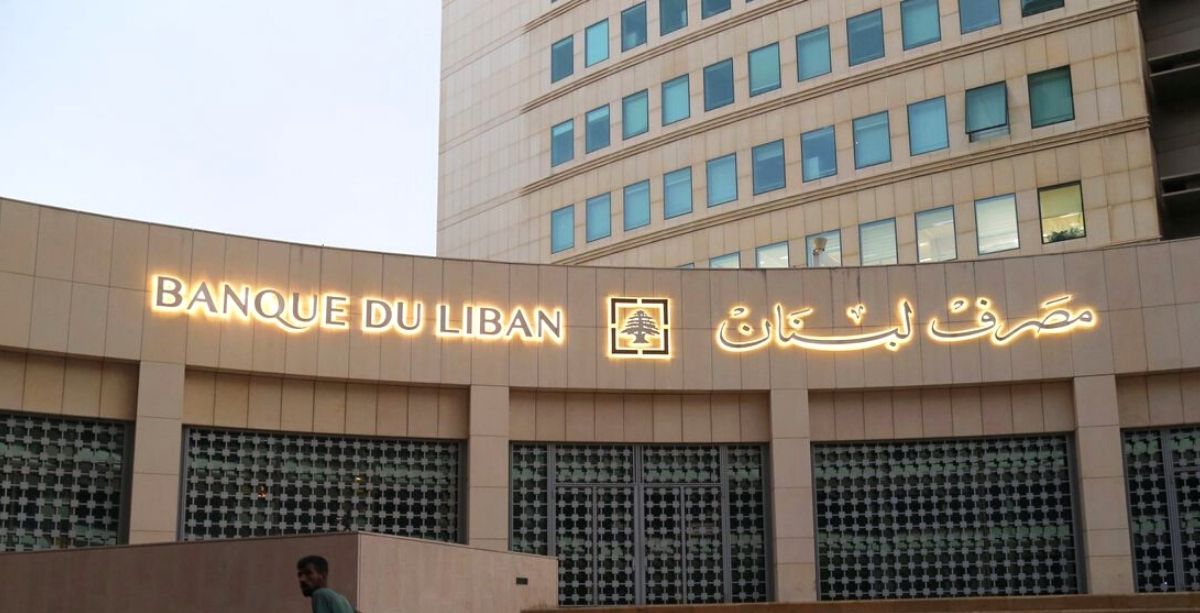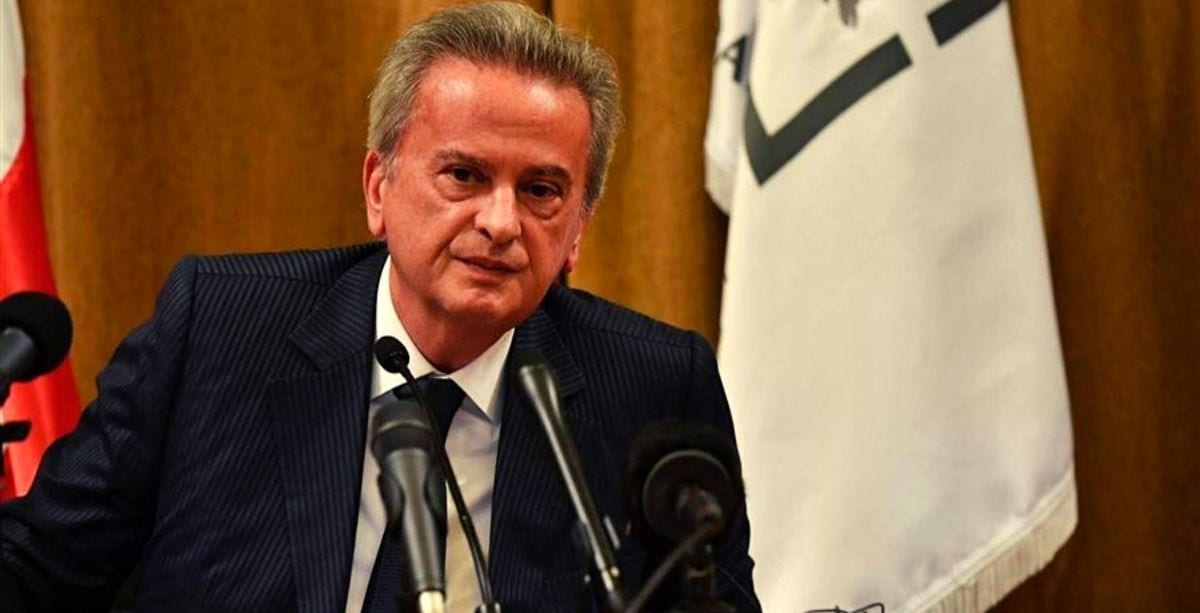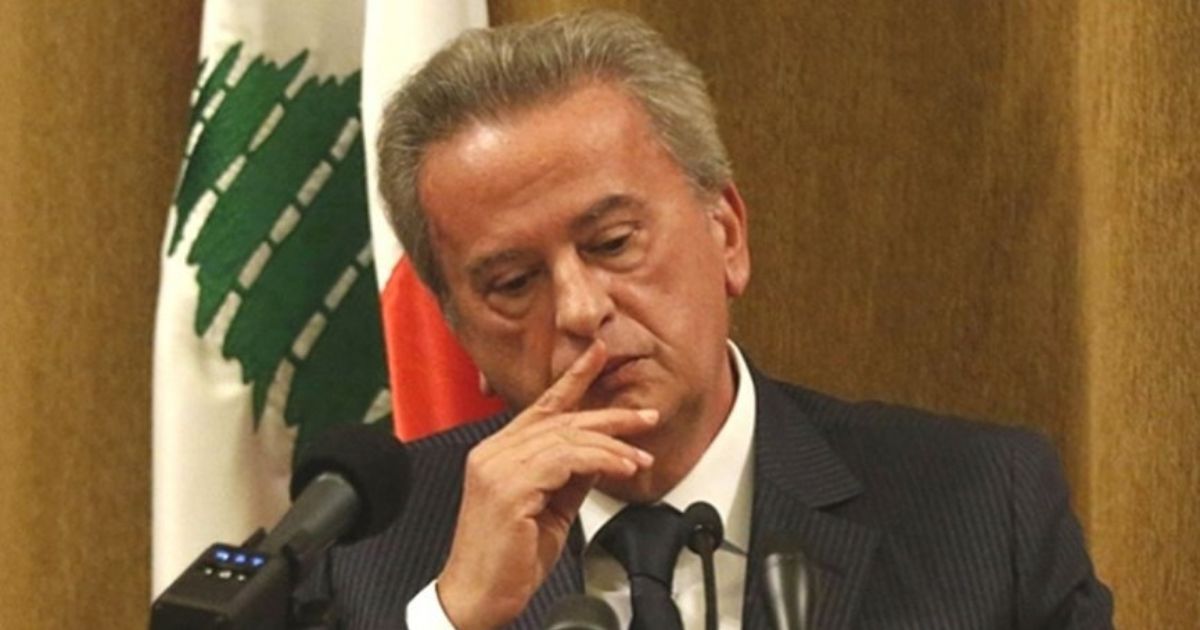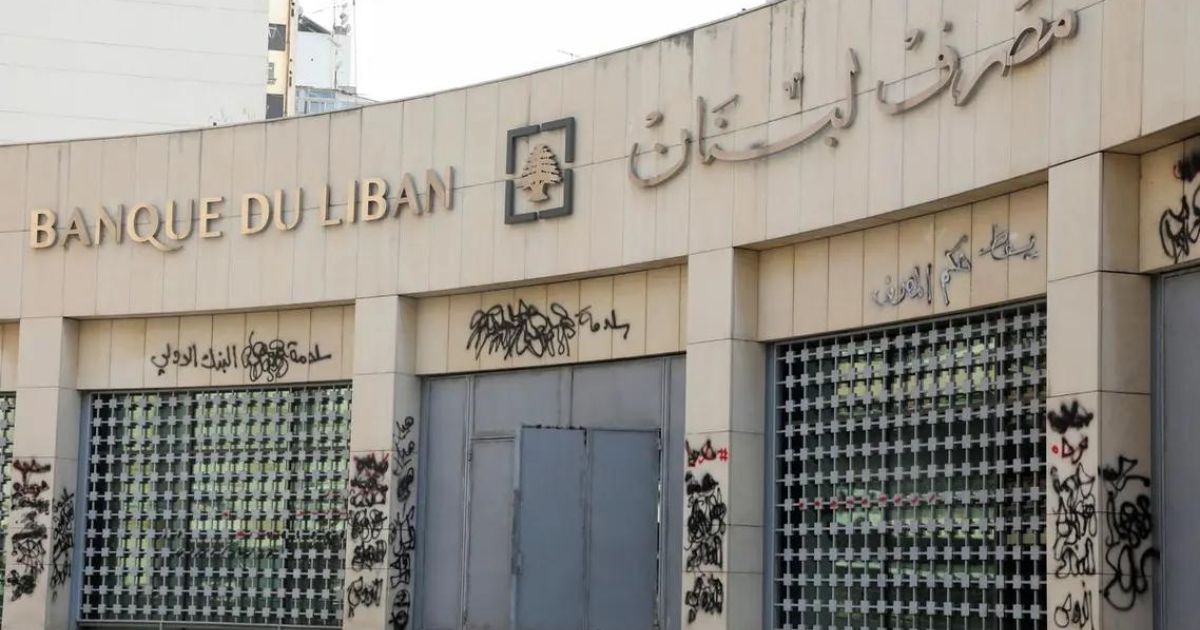Lebanese Central Bank Governor Riad Salameh has informed the Lebanese government that the Banque du Liban (BDL) can no longer subsidize fuel.
Salameh revealed the news during a meeting of the Higher Judicial Council held on Wednesday to discuss the latest developments in Lebanon, according to local media.
Following the meeting, caretaker Energy Minister Raymond Ghajar said that if the fuel subsidy stops, prices will be unpegged, unified, and linked to the exchange rate of the U.S. dollar on the parallel market.
One of the effects of Lebanon’s fuel crisis has been the prolonged power cuts experienced all around the country.
“Today we are in the peak phase of the need for electricity. Our need is 3,000 megawatts, and the production capacity, according to the available fuel, does not exceed 750 megawatts,” Ghajar explained.
As a potential solution to the electricity problem, Ghajar suggested a law proposal that enables the opening of credits for purchasing fuel for the Electricity of Lebanon.
This, he noted, would be the most affordable option for people, even with increased tariffs.
Private power generation, which the Lebanese have been relying on for many years to compensate for their country’s faulty power sector, has become too costly for many people to afford amid rising prices and deteriorating living conditions.
State-supplied electricity, on the other hand, is only available for a few hours at a time per day.












